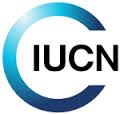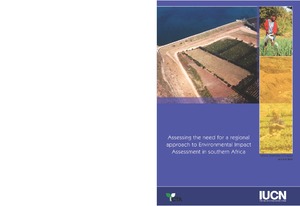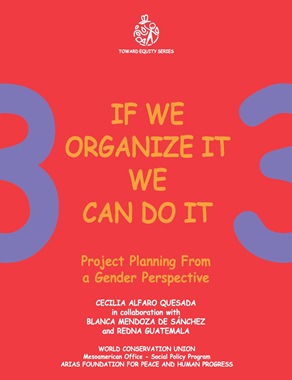Location
IUCN is a membership Union uniquely composed of both government and civil society organisations. It provides public, private and non-governmental organisations with the knowledge and tools that enable human progress, economic development and nature conservation to take place together.
Created in 1948, IUCN is now the world’s largest and most diverse environmental network, harnessing the knowledge, resources and reach of more than 1,300 Member organisations and some 16,000 experts. It is a leading provider of conservation data, assessments and analysis. Its broad membership enables IUCN to fill the role of incubator and trusted repository of best practices, tools and international standards.
IUCN provides a neutral space in which diverse stakeholders including governments, NGOs, scientists, businesses, local communities, indigenous peoples organisations and others can work together to forge and implement solutions to environmental challenges and achieve sustainable development.
Working with many partners and supporters, IUCN implements a large and diverse portfolio of conservation projects worldwide. Combining the latest science with the traditional knowledge of local communities, these projects work to reverse habitat loss, restore ecosystems and improve people’s well-being.
Resources
Displaying 101 - 105 of 142Guião de Direitos das Comunidades Locais no Domínio dos Recursos Naturais
O Guião de Direitos das Comunidades Locais no Domínio dos Recursos Naturais pretende-se ajudar a obter um melhor conhecimento e compreensão da Constituição da República de Moçambique (no que toca aos recursos naturais) e da legislação do ambiente, terra, florestas e fauna bravia, pescas, minas e água, incluindo os respectivos regulamentos, de forma a contribuir para uma melhor e maior implementação de todos os diversos instrumentos analisados.
UNESCAP-IWMI Seminar ? Environmental and Public Health Risks Due to Contamination of Soils, Crops, Surface and Groundwater from Urban, Industrial and Natural Sources in SOUTHEAST ASIA, Hanoi, Vietnam, 10-12 December 2002
Assessing the Need for a Regional Approach to Environmental Impact Assessment in Southern Africa
The objectives of the conference were threefold. First, to determine the need for a regional approach to EA in southern Africa. Second, to determine the best way of accounting for trans-boundary and cumulative impacts in the region.
Carbon, forests and peopletowards the integrated management of carbon sequestration, the environment and sustainable livelihoods
Module 3: If We Organize it We Can do it: Project Planning from a Gender Perspective
Taking the step from appraisal to action using planning techniques that respond to the needs expressed by women and men.
This is a module for project planning from a gender perspective. It outlines experiences learned by various projects in Central America and provides practical guidleines for how to manage gender equity in the plannig process of a project.
You can download this module from the International Union for Conservation of Nature's website (IUCN).








